Horror Should Stay Horror: Why Racial Trauma Should Exit The Genre
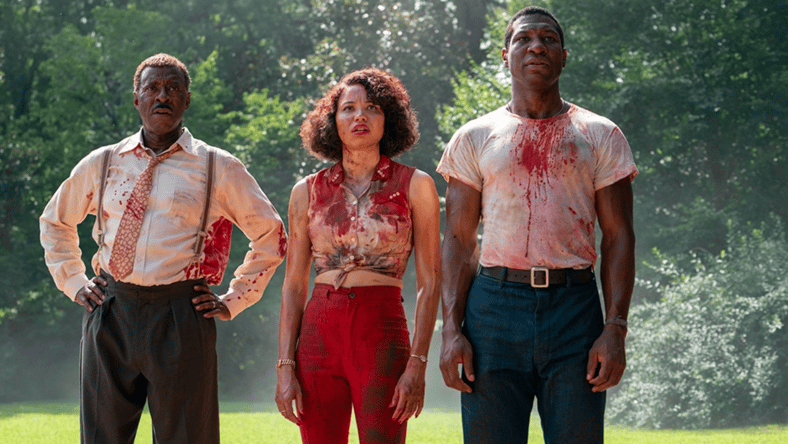
The horror genre continues to attract fans of all backgrounds. No matter what, a good slasher film can bring anyone together. For Black fans, however, the inclusion of some themes in horror genres can be potentially off-putting. Sometimes, loving horror and being Black is a double-edged sword. Specifically when racial trauma is poorly handled in horror stories.
Horror hasn’t ever strayed away from the inclusion of realistic themes. That said, however, there is still a fictional element that pacifies realism. It is appreciated in a way that can be recognized as fictional and does not overshadow the plot at hand. In that sense, horror still serves as a form of thrill and escapism for most viewers. Unfortunately for Black fans, when the same racism and police brutality witnessed in real life, becomes one of the main plots of a horror franchise or show, then it puts Black viewers in a strange place. Especially when said racial trauma seems to be commodified for the screen.
This is not to say that themes of racism cannot be handled in the horror genre, or that writers should put an end to racism and white supremacy being a plot device in horror franchises. Some inclusions of racism in the plot, are done well. However, when Black fans are constantly subjected to racial trauma and white supremacy in real life, when videos of Black women and men being murdered by the police float around the internet, that is not something that should be viewed as an acceptable horror device in fictional settings.
Horror can serve as escapism and a way to interact with certain themes that are otherwise untouchable to the viewer. Yet seeing violent depictions of racism and white supremacy on screen is not escapism for Black people rather, an unintentional way to retraumatize certain viewers and desensitize the nonblack audience to the racism that Black people face daily. These past few years, while there has been an amazing influx of Black Horror films and series, the over usage of Black trauma seems to be a factor inserted in many.
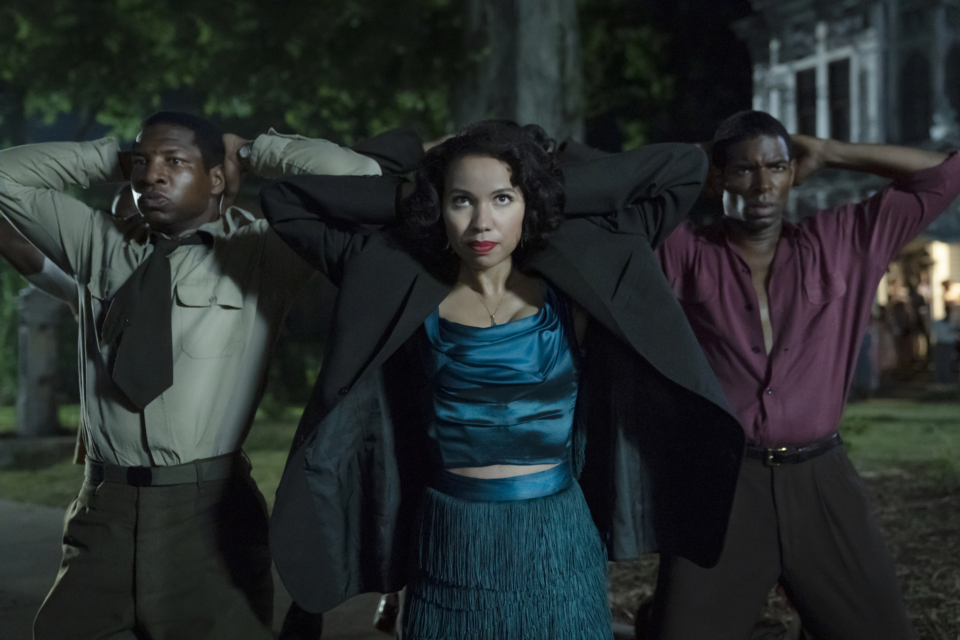
When HBO’s Lovecraft Country came out, I remember my initial excitement. There had been many Black movies and shows released around the time, and Lovecraft Country seemed to be getting a lot of praise. Needless to say that while the writing was phenomenal, and the overall plot was well pieced together, there were some disappointing aspects.
That being, how racial violence was utilized in the plot itself. To be clear, racism was the plot. However, it seemed as if Black trauma and violence were fetishized in a way that both mystified and commodified it for a non-Black audience. Racial trauma and violence seemed to be put on display disrespectfully for the sake of views and a ‘wow’ factor. There was an educational component of the series. However, it was lost due to the poor usage of brutality and lack of clear explanation for the historical references.
For instance, the episode with Emmett Till was important. Yet as it went on, there was little focus on Emmet and what happened to him. Rather, the most focus was given to the two dancing demons chasing Diana (Jada Harris), and Leti’s (Jurnee Smollett) hinted-at pregnancy. There was hardly any respect or discussion given to Emmett Till; simply the brutality of the setting (for instance the smell) and not Emmett himself.
The same could be said for earlier in the show when Leti and the ghosts of the slaves killed the doctor who was experimenting on them. There was no deep dive into who the ghosts of the slaves are. Their mangled bodies were simply shown before they are restored. This happens again when Montrose killed Yahima, a Two-Spirit Indigenous person.
A more recent Black horror series that shares similar tropes, is AMC’s Interview With The Vampire. While the series in itself was an excellent rendition of the original movie Interview With The Vampire, based on Anne Rice’s novel of the same name, the choice to focus on racism and white supremacy as a main factor in the plot could have been done much better.
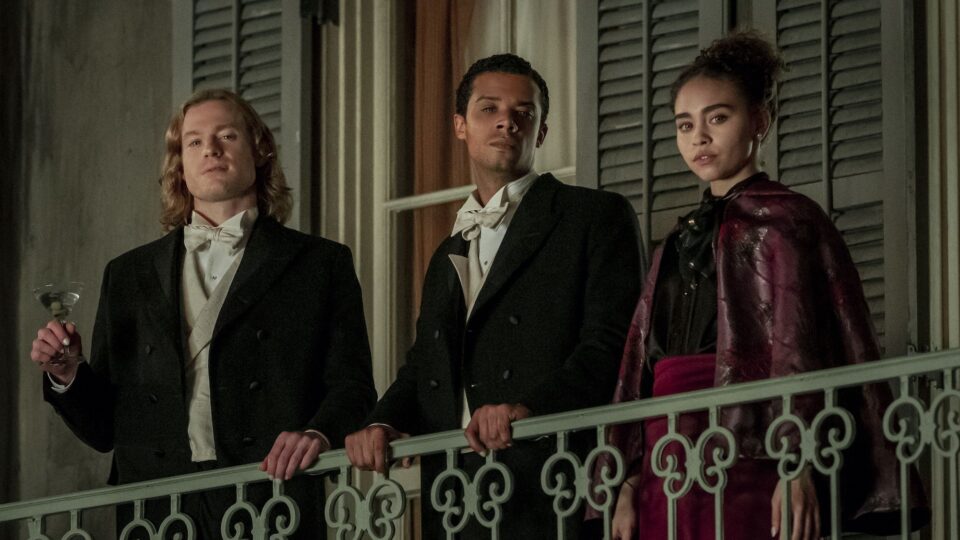
It was important that, if Black characters and actors were to be used in such a specific period, racism was one of the main focuses. Yet the racial violence used in the series, for example, the destruction of the Black town due to Louis’s actions, was not handled as well as it could have been. In general, while racism was not the main plot in the narrative, it served as an extremely important one that was still executed poorly and used mostly as background noise. There was no major focus on the clear racial dynamics between Louis, Claudia, and Lestat. Any attempt to show it was not heavily dissected or given any depth at all.
In addition, the very complex intersections of both racism and misogyny Claudia as a Black woman faced, are completely overshadowed. Her putting her life in danger multiple times for Louis, and being abused, raped, and assaulted by various white characters is not highlighted with the respect it should be.
Interview With The Vampire and Lovecraft Country are both works of art in their own right, and each spins a different tale of racism and the Black experience. But in both, racial trauma is either painfully exploited or not given the depth it needed.
This is not to say that racism cannot be a center of Black horror, for as many poor examples as there have been, there have also been successes. For example, Prime Video’s Nanny, starring Anna Diop, depicts a horror narrative that respectfully handles racial trauma and healing.
The movie follows Aisha, an African immigrant who gets a job working for a privileged white family in New York. Despite this position seeming like an answer to her prayers, chaos unfolds as Aisha herself is the victim of racism and classism. On the other end, she is haunted by supernatural beings she believes will threaten the new life she wishes to achieve for her and her son.
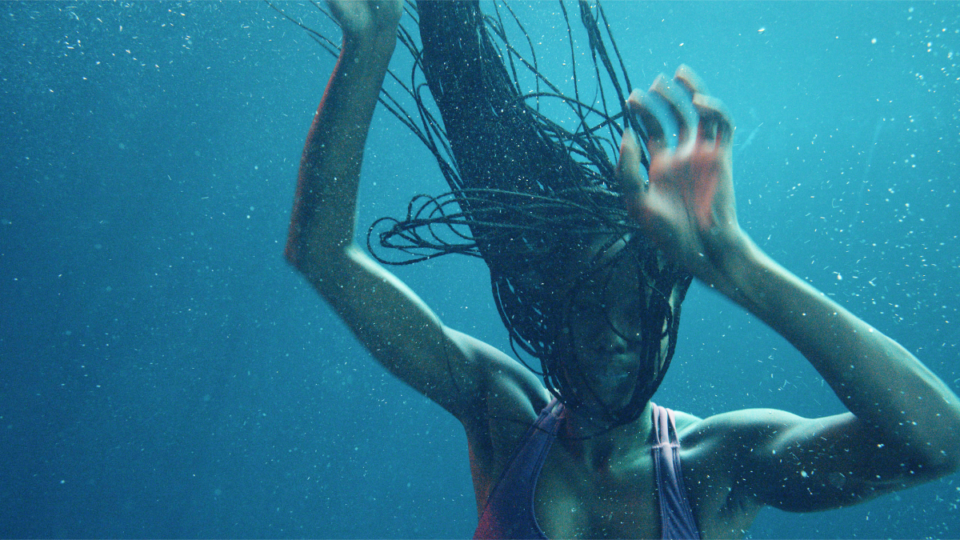
Racism is an important plot device in this horror film even if it is subtle. Through that, the audience is made aware of the discrepancies and hardships that immigrant workers face, in addition to being reminded of the police brutality that Black American women are subjected to.
Kathleen, the mother of Aisha’s love interest, goes into detail about what happened to her late daughter when the police were called on her as she suffered a mental breakdown. Kathleen explains the violence and brutality her daughter faced well enough to be understood without such a scene having to be witnessed by the audience. Viewers don’t see the horrific image of a naked Black woman being attacked by the police. Instead, it’s heard through Katheleen in a respectful setting between two Black women. The movie had a racial and horror aspect, using rich forms of African folklore uniquely. However, racial trauma was not commodified in a way that took away from the main plot, or made Black viewers uncomfortable.
While it’s important to portray racism with respect in Black-centric horror creations, and not commodify Black trauma, sometimes it is just as important to omit racism from these franchises altogether. Racial trauma is still very much a reality to Black people all over the world, and no matter how well-intentioned or respectful it is, it is refreshing not to see racism as a center point in Black-centric horror films and shows.
This is where movies like Us and Nope, by Jordan Peele, have made their impact by showing the world that Black-centric horror media can exist without racism and racial violence being the center of the plot. In the case of both of these movies, Nope especially, racism is nonexistent as a plot device yet still manages to showcase Black characters.
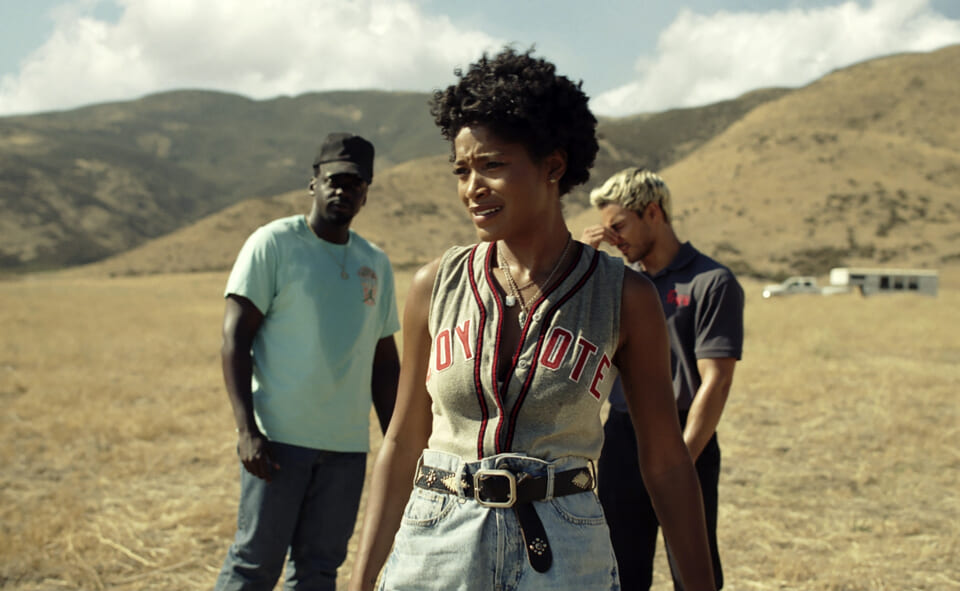
Nope gives Black horror fanatics a unique twist on alien abduction without having to slip in instances of police brutality or violence. The story is still just as engaging and filled with horror and suspense as ever, with no need to commodify any form of Black trauma and brutality. Us served the same purpose, offering an engaging and unique story and perspective that kept viewers on the edge of their seats during the duration of the film.
Horror or not, fictional or not, racism is the constant reality faced by many Black people. George Floyd, Breonna Taylor, and as of recently, Tyre Nichols all serve as examples of the genuine racial horror and violence that plagues the Black community today. The true horror in it is that it is clear they aren’t the only victims, and there are more as we speak. Black fans should be able to enjoy horror genres the same way as other viewers, and not have to always wonder if our unique experience of racial pain and violence will be exploited.
Categorized:Black History Month 2023 Editorials News

